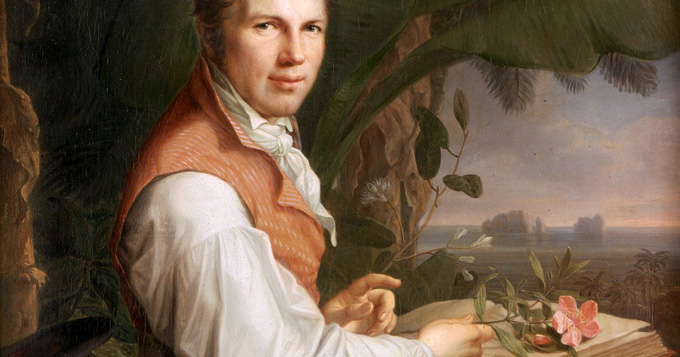Sublime
An inspiration engine for ideas
Alexander von Humboldt and the Invention of Nature: How One of the Last True Polymaths Pioneered the Cosmos of Connections
Maria Popovathemarginalian.org

essays Ten Years in the Tub: A Decade Soaking in Great Books
Richard Cohen • How to Write Like Tolstoy: A Journey into the Minds of Our Greatest Writers

we are, collectively, experiencing “a more rapid exhaustion of attention resources.”
Johann Hari • Stolen Focus: Why You Can't Pay Attention--and How to Think Deeply Again
At the end of 2017, Romer got the last laugh. He left the World Bank in defeat, went back to his position at Columbia
Randy Olson • Lincoln But Trump: Narrative Metrics and Similarities Between Heroes and Villains
“Funes the Memorious,”
Joshua Foer • Moonwalking with Einstein: The Art and Science of Remembering Everything
what separates our minds from those of animals is the miraculous power to draft the artifacts around us into our own thoughts, to use them as tools to think ideas we’d have no access to any other way.9